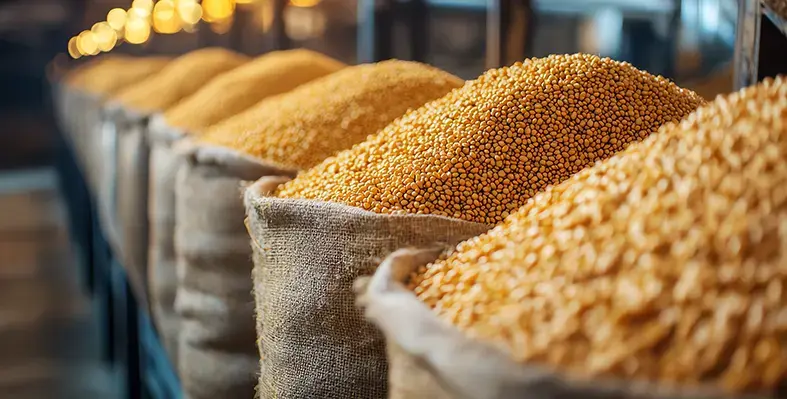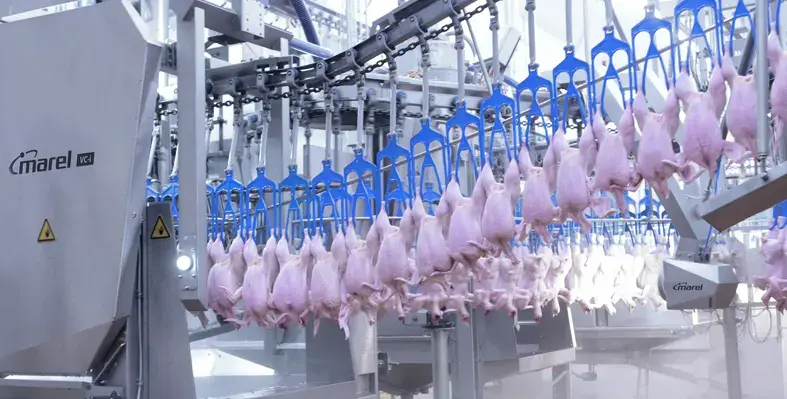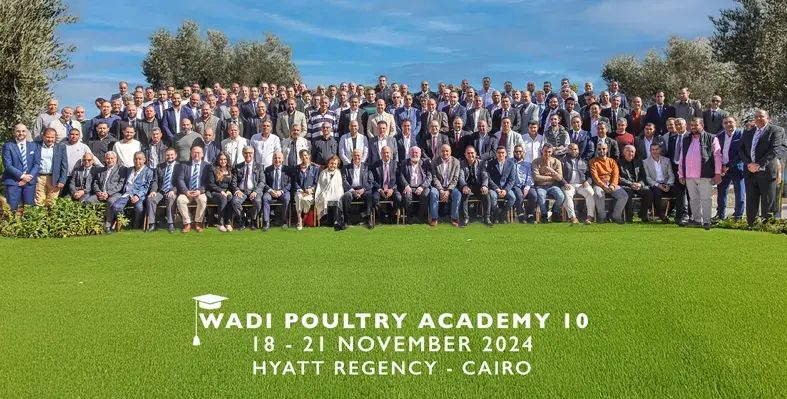
Plukon has worked on minimising false rejections and ensuring the highest levels of metal detection by implementing Mitus from Minebea Intec. (Image source: Minebea Intec)
To address the challenge of metal detection in poultry production, Plukon, a leading player in the poultry supply chain, has implemented the metal detector Mitus from Minebea Intec
Metal detection is a critical aspect of food safety protocols, especially in environments where contamination risks are high. However, traditional metal detectors often struggle to accurately detect metallic foreign objects in poultry products due to their unique electromagnetic properties. This not only causes product wastage, but can also have a major impact on food safety.
To combat these challenges, Plukon has worked on minimising false rejections and ensuring the highest levels of metal detection by implementing Mitus from Minebea Intec. Equipped with MiWave technology, Mitus works by significantly improving detection accuracy and reducing false rejects. By detection even the smallest metallic contaminants with unparalleled accuracy, the technology helps in overcoming the limitations of traditional metal detectors.
Moreover, the new design eases frequent cleaning procedures, which are essential and rigorous in this environment. Mitus also ensures compliance with HACCP standards, providing peace of mind to both Plukon and their customers regarding the safety and quality of their poultry products.
"We’ve faced many challenges with false rejects over the past few years, so I’m really pleased to have these new metal detectors on our lanes," said maintenance manager, Jeroen V. "They not only save us time and reduce costs, but also allow my hardworking team to stay focused on what truly matters.”








